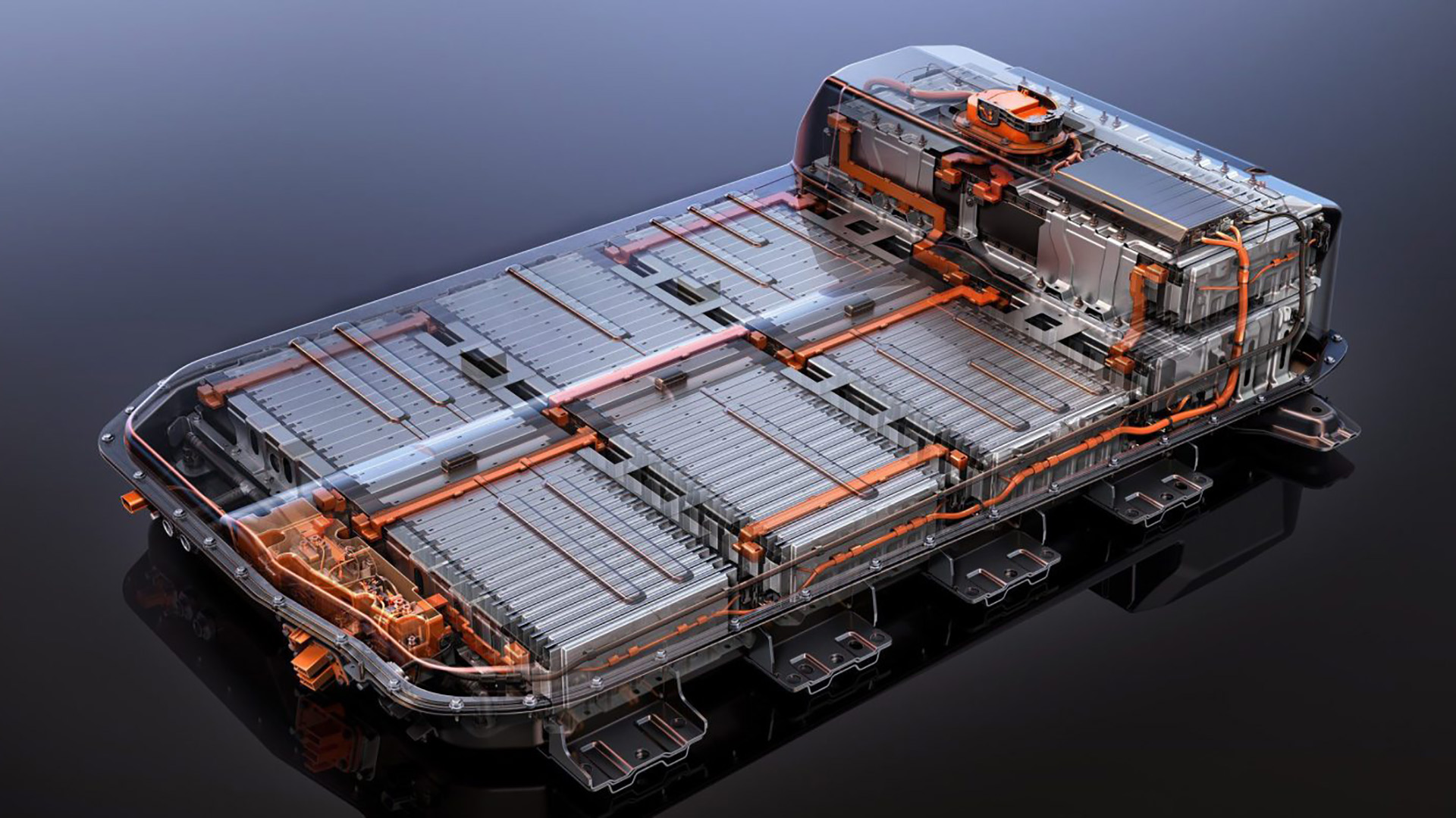Light Batteries
Mastering energy is everyone's dream. It is always the goal of human beings to direct, store and produce it. Being without energy scares everyone. Especially when we get in our car, there is probably no one who hears that hateful voice and does not push a car. Of course, when it comes to batteries, big and heavy masses come to mind. Moreover, although the volume of these batteries is reduced, their weight does not change at all.
.jpg)
However, nowadays, thanks to plastic, the weight of the batteries is starting to decrease. And thanks to thermoplastic composites. A new project funded by the Valencia Regional Government and implemented by the Spanish Institute of Plastics Technology AIMPLAS focused on evaluating the potential to replace metal casings of electric car batteries with casings made of thermoplastic composites. The project, called Veteria21, will develop and optimize these materials to create lighter batteries that can be more easily recycled.
According to the UN environment program UNEP, the mobility and transport sector is the fastest growing greenhouse gas emitter. It is expected to contribute to more than 30% of total greenhouse gas emissions in the future. In response to market demand driven by legislation, this industry has now begun to transition to battery-based electric mobility. The transition to an electric automotive powertrain is a critical component of any emissions reduction solution. Thermoplastic composites have become a trend in vehicle weight reduction for a variety of reasons besides their reduced weight: mechanical resistance, adaptability to different manufacturing processes, short production cycles, compostability, weldability, easy recyclability, and adaptability to circular economy.
.jpg)
Currently made of stainless steel and aluminum, li-ion battery modules are large and heavy: they make up 20-30% of the vehicle weight. Also, the number of manufacturing and assembly steps makes them costly to manufacture. The use of plastic makes it possible to integrate parts and functions such as fasteners and thermal management components, simplifying assembly and reducing weight and cost.
In general, 73% of vehicle weight corresponds to metal components. Thermoset composites are therefore a lightweight alternative for battery housings. However, their recyclability and production rate work against them, explains Begoña Galindo, Group Leader for Sustainable and Future Mobility at AIMPLAS. Therefore, thermoplastic composites are a good alternative.
Scientists who think that creating a good alternative is not enough will certainly make thermoplastic composites a more assertive player. The perfect harmony of technology and plastics continues to shape our future. This future is all of us and making use of plastics has never been so enjoyable and light.



